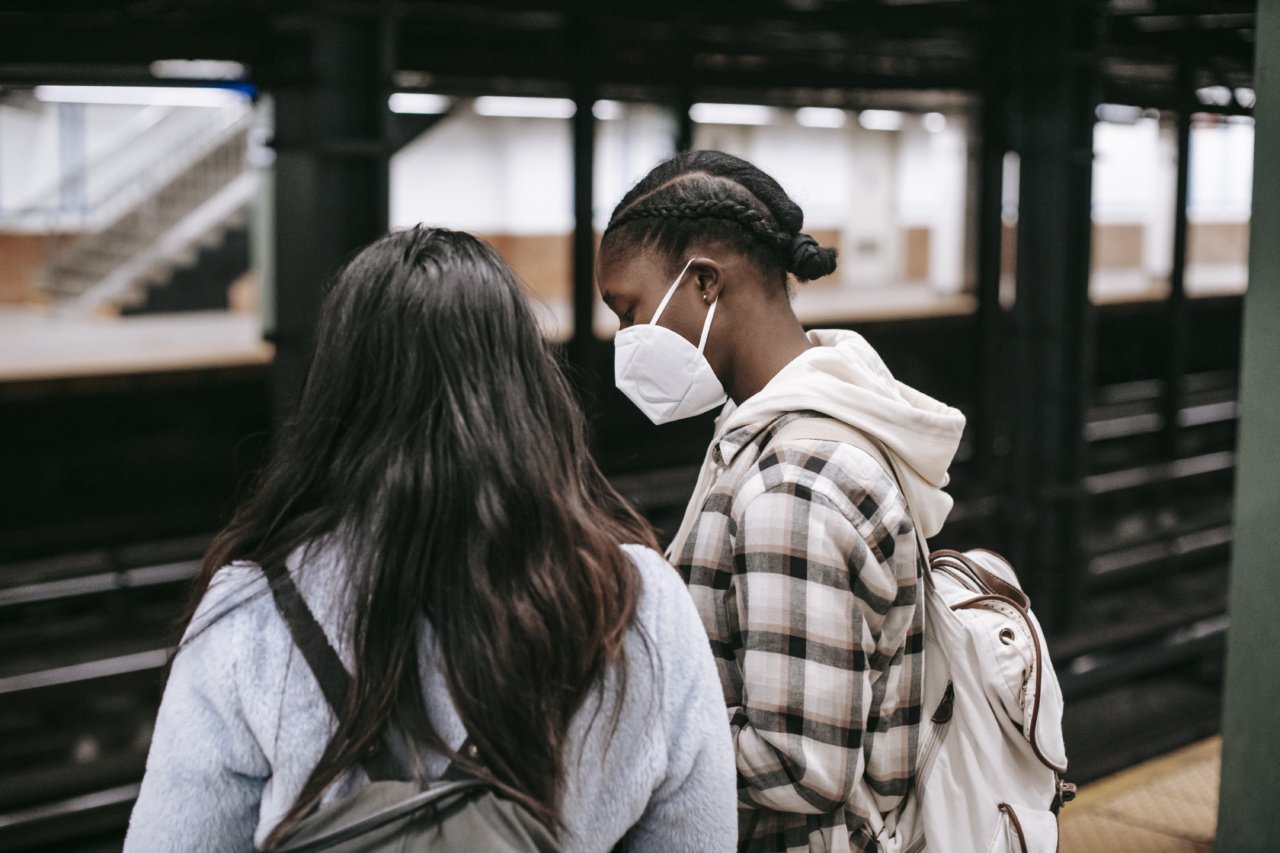The Middle East Respiratory Syndrome Coronavirus (MERS-CoV) outbreak has been a cause for concern in many countries for several years. However, recent reports show that the situation is under control in this area.
What is MERS?
MERS is a viral respiratory illness caused by the MERS-CoV. It was first identified in Saudi Arabia in 2012 and has since spread to other countries in the Middle East, Europe, Asia, and Africa.
The virus has a high mortality rate of about 35%, making it a very serious public health concern.
The Symptoms of MERS
MERS symptoms are similar to those of seasonal flu and other respiratory illnesses. They include:.
- Fever
- Cough
- Shortness of breath
- Breathing difficulties
- Body aches
- Sore throat
- Diarrhea
- Nausea and vomiting
- Some people may also experience kidney failure and require dialysis treatment.
How is MERS Spread?
MERS-CoV is transmitted through close contact with infected individuals, most commonly through respiratory droplets generated by coughing or sneezing.
The virus can also be transmitted through contact with camels, which are known carriers of the disease. Person-to-person transmission is a serious concern for healthcare workers, as they are more likely to come into contact with infected patients.
MERS Outbreak in this Area
While this area has seen a number of MERS cases over the years, the outbreak is now under control. According to local health officials, there have been no new cases reported in recent months.
This improvement can be attributed to several factors, including increased public awareness of the disease and its symptoms, better laboratory techniques for detecting the virus, and effective public health interventions such as quarantine measures, contact tracing, and infection control measures in hospitals and healthcare facilities.
Prevention and Control Measures
Prevention and control of MERS is a multi-faceted effort that involves various stakeholders, including healthcare workers, patients, and the general public. Key measures include:.
- Raising public awareness of the disease and its symptoms
- Encouraging good hygiene practices such as frequent hand washing
- Wearing respiratory protective equipment by healthcare workers when handling patients with respiratory symptoms
- Implementing infection control measures in healthcare facilities, including isolation precautions for suspected or confirmed cases
- Controlling the spread of the disease among animals, particularly camels
Conclusion
MERS-CoV is a serious public health concern that requires a multi-pronged approach to prevention and control. While the disease has been a cause for concern in this area in the past, recent reports indicate that the situation is now under control.
However, it is important for all stakeholders to remain vigilant and to take proactive measures to prevent and control any future outbreaks.































